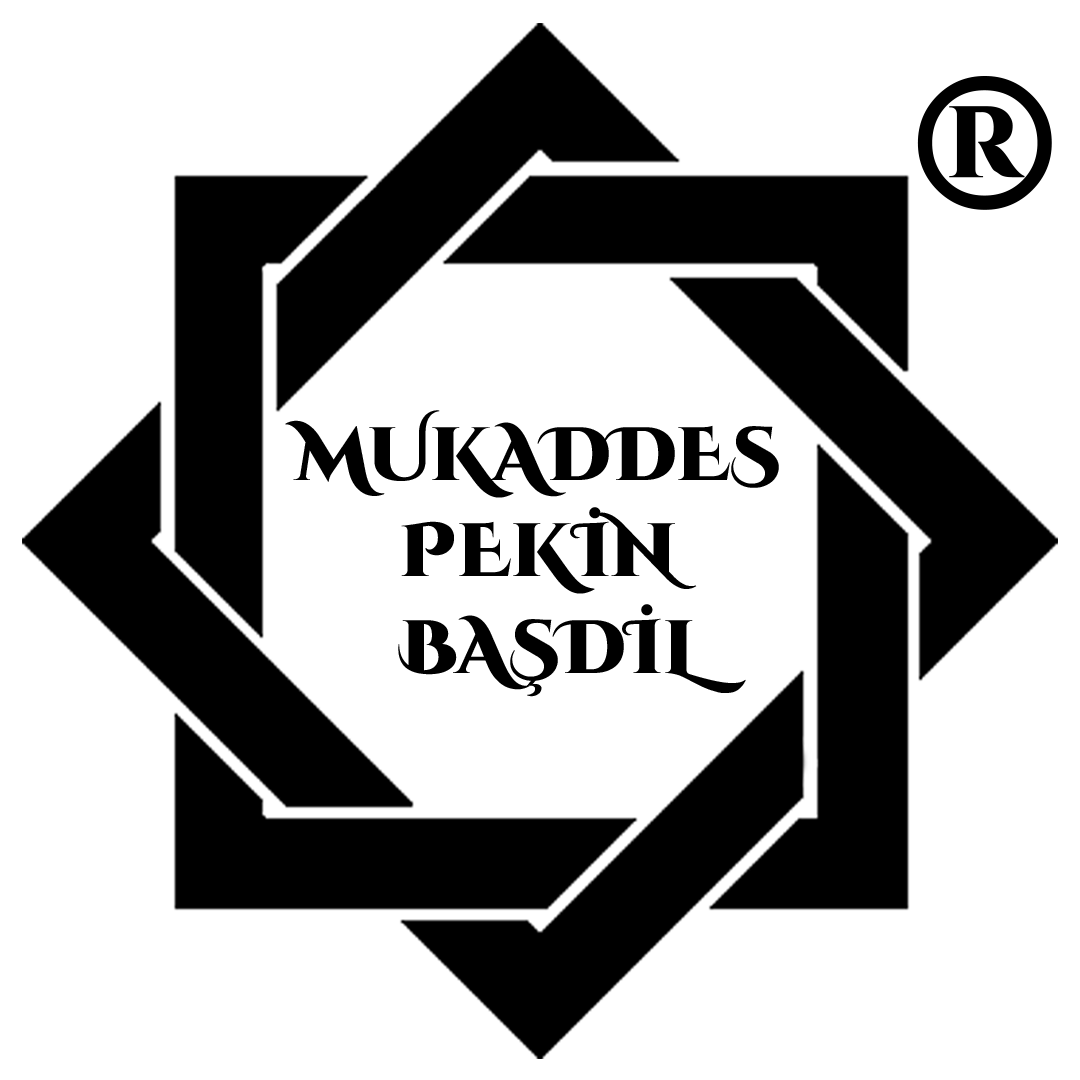No products
NEW ORDER SLAVERY
Slavery, which has never disappeared, has changed its form since the 19th century and continues to drag people all over the world into the system.
With slavery, which has only changed its form, women are forced to sell their bodies, men are forced to work in agriculture or construction as land slaves, boys are forced to work under very difficult conditions and for low wages, and even girls are forced to marry men much older than themselves and sold for money. While their lives are under the control of their exploiters, they can neither say anything, nor oppose, nor do anything.
The former slaves and the slavery system seem to have inspired the millions of modern slaves now living all over the world. That means millions of children working under harsh conditions, girls forced to marry much older men, and even women forced into sex slavery.
Today, the use of slavery seems to have disappeared from the literature, but it doesn't exist, and for some people, once they are in the situation, there is no way out.
What do you understand when I say slavery, what do you think slavery is?
In my childhood there were two TV series on TV, "Isaura the Slave" and "Kunta Kinte". In the feudal period, the oppression, cruelty and enslavement methods of feudal lords and overlords to slaves were clearly slavery, but the modern slavery of the modern period is not very different. Slavery cannot be softened no matter when and where it is experienced, and slavery is always slavery...
If a person is forced to work, no matter what the work is, if they are under physical or mental pressure and threat; if they are constantly blamed or humiliated by the owner or another employee; if they are mentally or physically abused, dehumanized and treated as if they were a commodity; if they are bought and sold as property; if they are physically restricted in their movements and their freedom is limited, they are definitely in the midst of slavery.
And again, forced labor, forced labor through punishment and threats or against their will is a form of modern slavery.
Again, one of the most common forms of slavery all over the world is debt slavery. People borrow money from someone, from a bank, from somewhere because they are in a difficult situation. They cannot pay it back. They have to work for it. Or they get crushed by the interest and lose control completely. As the debt grows, the vicious circle begins, as slavery grows, it grows. This applies not only to people but also to countries. Poor countries sink deeper and deeper into debt, and the deeper they sink, the more slavery grows.
Human trafficking is also a form of modern slavery. Through violence, threats and coercion, people are exploited with the promise of transportation and shelter. People trying to escape war or difficult environments, trying to survive, are sometimes drowned at sea, sometimes killed, and often disappear. Ancestral slavery involves people whose ancestors were captured and enslaved and who were born into the slavery system.
In child slavery, which is worse than child labor, children are exploited for someone else's gain. Child trafficking, child soldiers, child marriage are the worst crimes against humanity.
Modern slavery differs from the old classical slavery in that it can affect people of all ages, genders and races, and it affects people and communities that are vulnerable to exploitation.
However, freedom and the right to live freely is the right and the most sacred right of all human beings. No one has the right to restrict anyone's freedom. We should neither compromise our freedom nor restrict the freedom of others, is this not what it means to live humanely?
Sometimes, instead of living in poverty, people take the promised jobs and go abroad in order to have a job. Like people from all over Anatolia who go to Germany to work. These people were made to work in the heaviest and dirtiest jobs in these countries, supposedly the center of democracy, and for very long hours. They were used for jobs that the Germans did not do. Years later, when they were no longer needed, they wanted to say, "Your work is done, you are no longer needed" and they made the conditions even more difficult.
But mostly slavery has arisen in places and times when the rule of law has weakened and lost its meaning. Where and when corruption and immorality are rampant. Weak people who cannot be protected by the law will continue to be exploited by legal or illegal people and groups, even countries, with material, mental or physical power.
And again, citizens of underdeveloped countries who come to developed countries to work or to survive are in an effort to be enslaved by so-called democratic countries with irregular visa statuses and the blackmail of being deported at any moment.
Slavery is not only overseas and in poor countries, as people think; no country is as free as Britain, the capital of democracy. But tens of thousands of people continue to live in modern slavery in Britain, under every form of threat.
As a sociologist, I, too, define slavery a bit more harshly and think that all addictions are a form of modern slavery. I especially want to draw attention to the most widespread slavery of the last century, the slavery caused by addictions to the phone, social media, internet, television, TV series, and all kinds of addictions based on popular culture. I say that through these means and secret indoctrination we are forced into total enslavement and voluntary servitude...
Towards total slavery... Towards the global slavery of a planet that has become a global village...
Mukaddes Pekin Başdil
Researcher-Author

